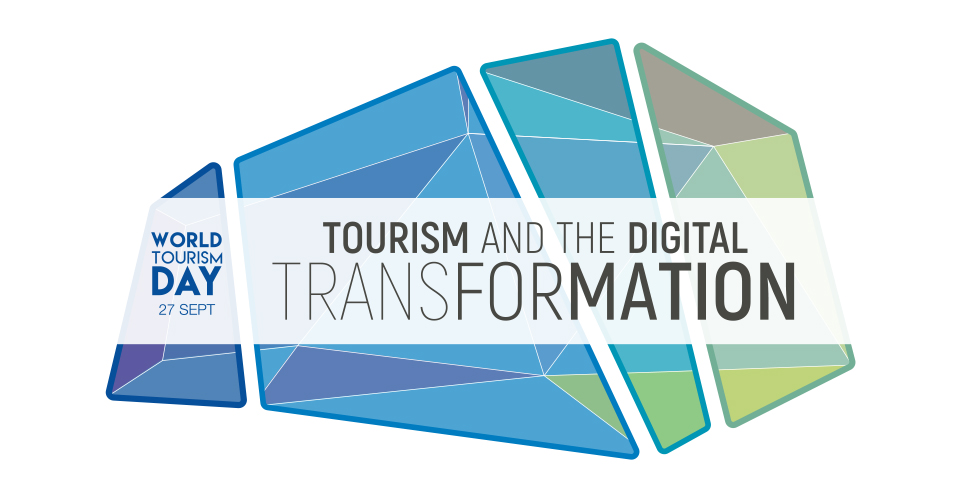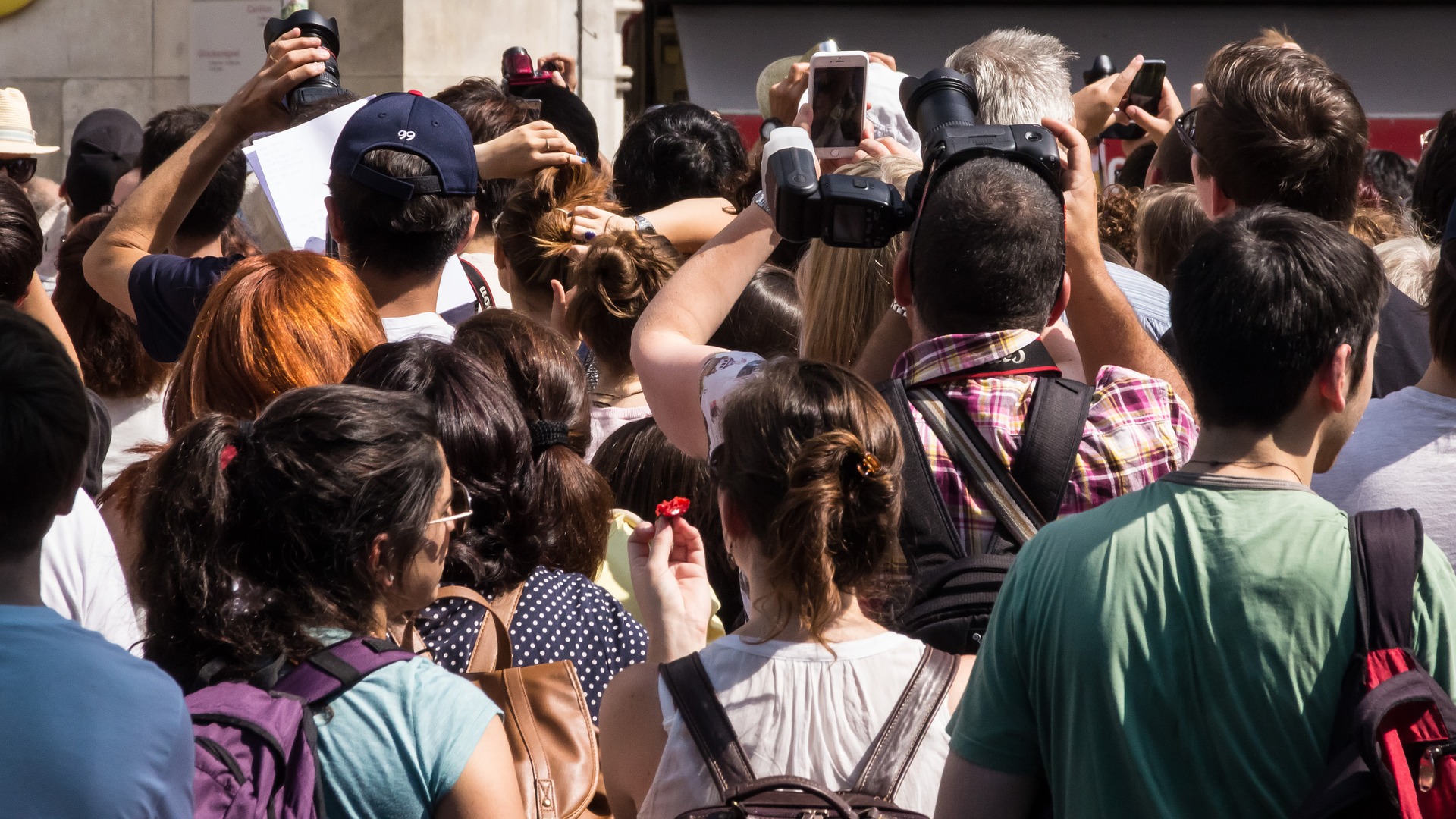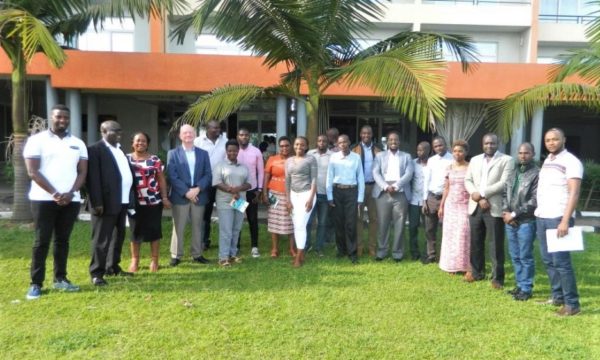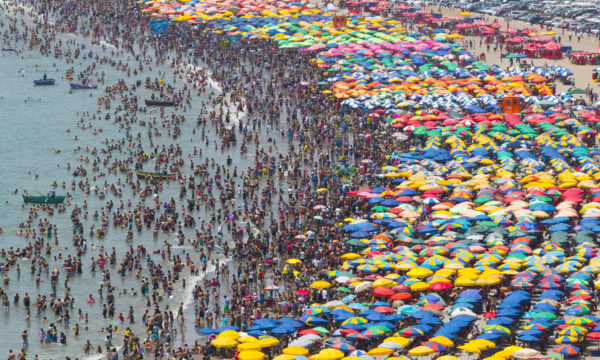
Since 1980, the United Nations World Tourism Organization (UNWTO) has designated the 27th of September as World Tourism Day (WTD), to mark the anniversary of that date in 1970 when the Statutes of the UNWTO were adopted. The purpose of the day is to raise awareness of the global role and importance of tourism. Each year, WTD has a different theme, and for 2018 that theme is Digital Transformation.
So why should tourism have an international day, and why has digital technology been chosen as the theme?
The fact that WTD exists is a reflection of the global importance of the industry. Travel & Tourism is one of the world’s largest economic sectors, supporting 313 million jobs and generating 10.4% of world GDP. And since 1980, when WTD was introduced, international tourism in particular has soared. In 1980, there were 277 million international arrivals, bringing receipts of US$104 billion. Last year, there were 1,322 million arrivals, and international tourism receipts were US$1,340 billion – and all forecasts suggest that growth in travel and tourism will continue to outpace growth in the global economy as a whole. So with many destinations now feeling the effects of too much tourism rather than needing to boost the industry, it could be argued that there is hardly a need now to raise awareness of tourism. But on the other hand, the relentless growth of tourism means that it becomes more important than ever to improve its management to make it more socially and environmentally sustainable, while still being a source of economic development in those nations which depend on tourism for much of their income and employment.
And the 2018 theme of digital technology and transformation is one which certainly merits discussion. The consumer-centred industry of tourism is undeniably one in which technology has already had a huge impact, with the potential for much greater changes in the future. Tourists can research and book their trips online, check in for flights online and have their boarding passes on their smartphones, arrange their whole itineraries before arriving in their destination, document every step of their journey while they are away using Instagram and Facebook, and post their reviews on TripAdvisor afterwards. All this has certainly made travel easier and more accessible than ever before, but is not without its own problems.

Tourists are increasingly visiting popular destinations with the sole aim of getting a picture perfect snap for social media. Image: Pixabay
Tourists now all too often travel to a spectacular spot they have seen on Instagram, only to find a queue of hundreds of people waiting to take that all-important selfie at the exact location that everyone else has shared. Places where locals have to live and shop can become swamped by visitors just looking for a photo opportunity. I have visited a fish market in Funchal, Madeira on the day that two large cruise ships had just docked, and it was almost impossible for anyone actually shopping for fish to get near the stalls surrounded by tourists spending no money but getting their pictures to share on social media.
On an industry level, digital technology has also not just altered the process of finding and booking travel and accommodation, but has made more structural changes possible, with effects that can be both good and bad. Digital platforms enable us to book rooms and apartments through services such as Airbnb rather than relying on traditional hotels. This enables the visitor to stay in new areas and local people with spare rooms to share in the income from tourists. But on the flip side, it can also lead to landlords buying up properties purely to use as short-term rentals, pricing locals out of the property market where they live, and transforming whole neighbourhoods as people who lived and worked there year-round are replaced by transient holidaymakers with a different set of needs and behaviours.
So with digital technology bringing inevitable change, the pressing need is to ensure that it helps tourism growth to become more sustainable, rather than just bringing more of us to the same places at the same time. Popular attractions increasingly need to be booked in timed slots ahead of time, which prevents spontaneity but does mean that visitor flows are better managed rather than tourists turning up at peak times to find an hours-long queue for entry. Cameras and remote sensors can track tourist flows, and help destination managers redirect tourist groups elsewhere, and come back to key attractions when numbers allow. ‘Big data’ management systems, can help destination managers capture and process large volumes of data for a greater understanding of the impact of seasonality on tourism and on sustainability, enabling better planning of transport and services. In future, it may be that rather than booking a city break for a particular weekend and then sorting out our itinerary later, we will be able to go to a destination website, enter all the things we would like to do, and then have the site search for flights, accommodation and activities and suggest the dates when our desired itinerary can best be fulfilled.
CABI’s Leisure Tourism internet resource covers all the developments, research and debate in the travel, tourism and leisure industries. Over 4300 open-access news articles are available for anyone to read, while subscribers also have access to over 190,000 research abstracts, 9600 Full Text journal and conference papers, and 2500 eBook chapters. CABI is also a leading publisher of tourism books. Among the titles particularly relevant to anyone interested in the management and sustainability of tourism are Strategic Management in Tourism, Degrowth in Tourism and Transforming Travel. Coming soon are titles on Managing Quality of Life in Tourism and Hospitality, and a new edition of a textbook on Tourism Information Technology.
Download CABI’s free World Tourism Day eBook here
For more information on World Tourism Day and the 2018 theme, visit the WTD website. On the 26th of September, the World Bank is holding a live event bringing together technology experts, destination managers, business leaders and tourism experts to share the opportunities and challenges that digital platforms present for sustainable tourism development.
Related News & Blogs
Keeping in touch: Digital technology and life in the time of Coronavirus
The development of digital technology has been rapid in recent decades as we step into the 5G/6G internet network generation. This technology has been particularly useful during the Covid-19 pandemic, when self-isolation and social distancing have been…
15 April 2021




